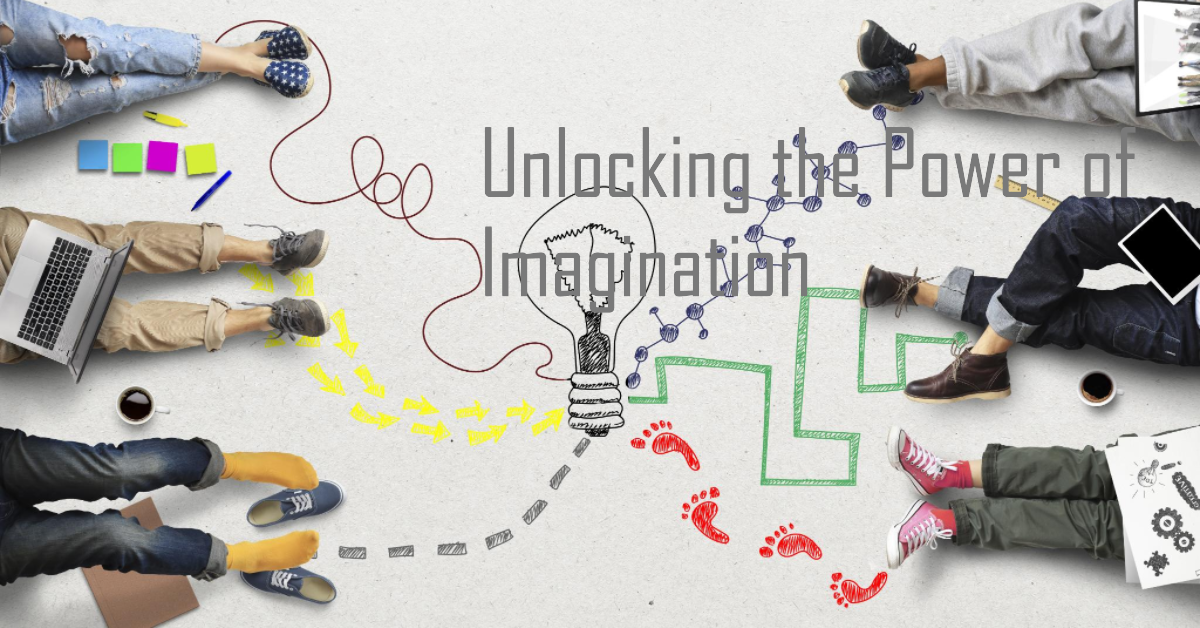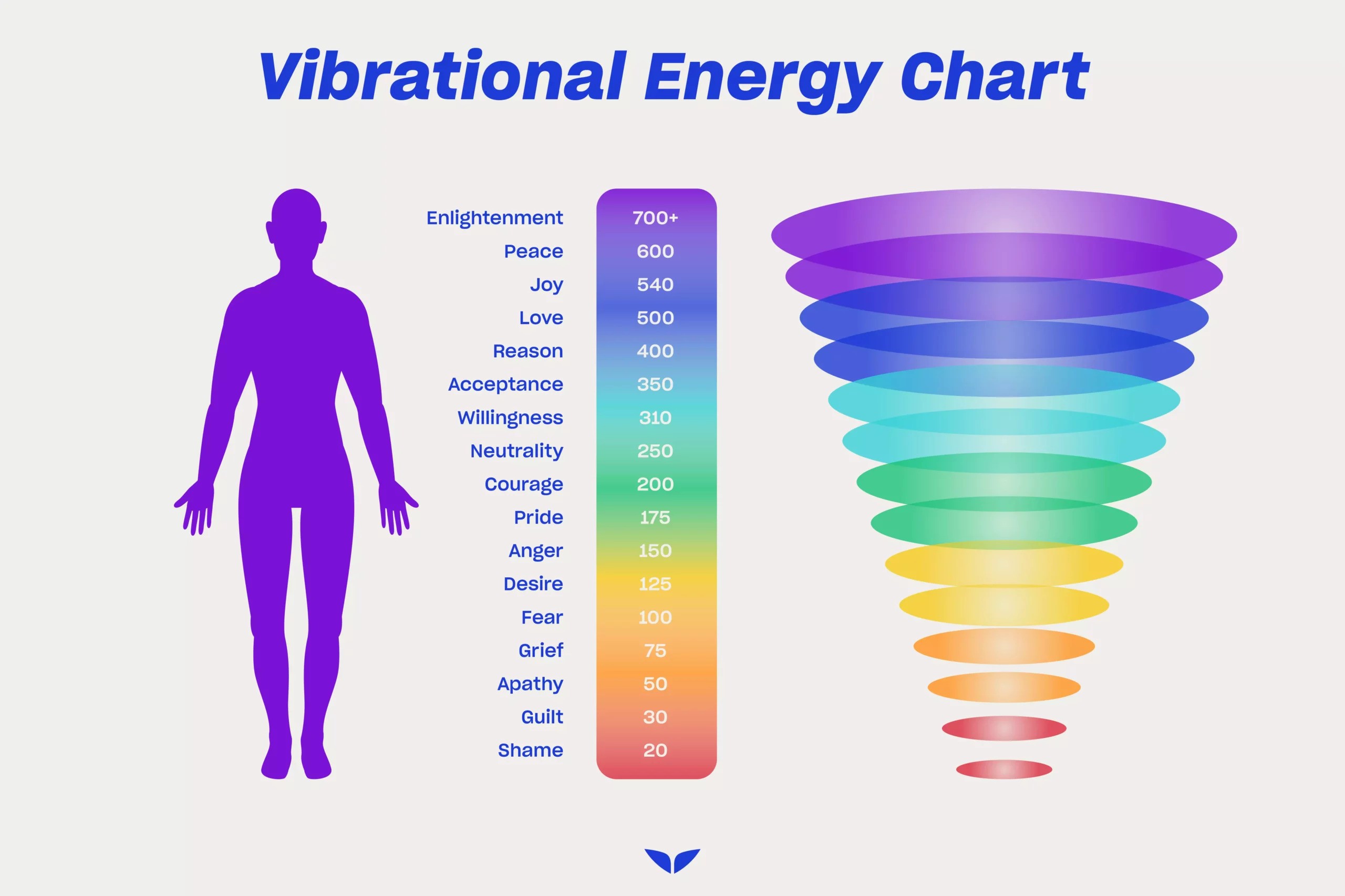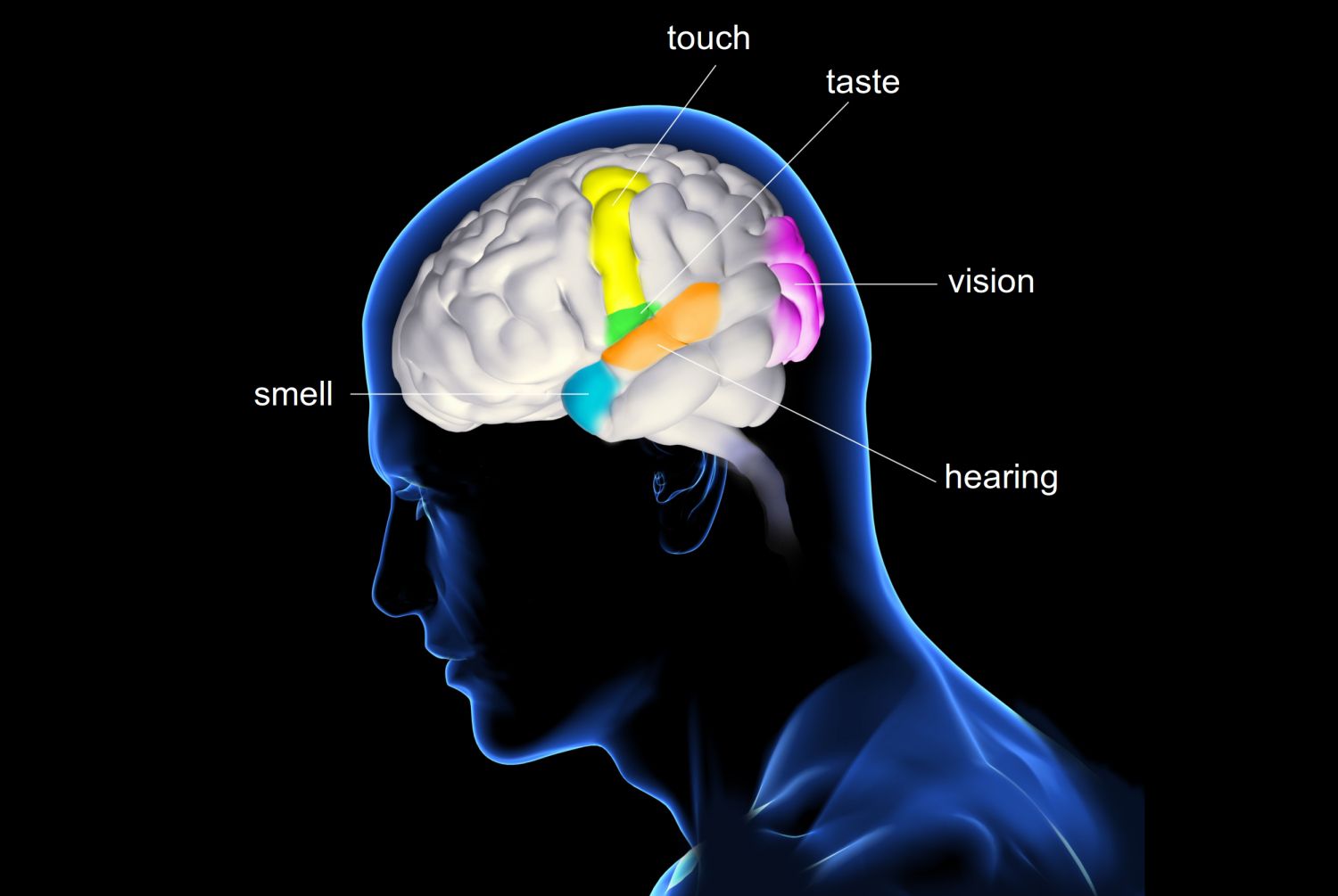Unlocking the Power of Imagination for Personal Growth
Imagination is a powerful tool that we all have access to. It's what allows us to dream up possibilities beyond our current reality. However, it's often seen as something reserved for children or artists, not as a tool for personal growth. But what if we told you that by unlocking the power of your imagination, you could enhance your problem-solving abilities, spark creativity, and achieve your dreams?
In this blog, we'll explore the concept of imagination and its role in personal growth. We'll look at how developing a growth mindset and setting goals can help you visualize and achieve success. We'll also dive into some practical exercises that can help you overcome obstacles and stimulate your imagination. By the end of this blog, you'll have a better understanding of how imagination can be harnessed to unlock your potential. So let's shake off the notion that imagination is just for kids and artists and delve into how it can be a tool for personal growth.
Understanding Imagination
Imagination is a powerful tool that we all possess and can use to unlock our full potential. Our imagination has the power to take us beyond the limits of our current reality and into the realm of endless possibility. By harnessing the power of our imagination, we can achieve personal growth, overcome obstacles, and create a better future for ourselves.
What is imagination? It is the ability to form mental images or concepts that are not present in our current reality. Imagination is the engine that drives innovation and creativity. It allows us to explore new ideas and possibilities, envision the future we want, and create a roadmap to get there. Types of imagination are Visual imagination, Auditory imagination, Kinesthetic imagination, and Conceptual imagination. These different types of imagination allow us to experience and create in various ways, giving our minds the flexibility to adapt to different situations. How we use imagination is to dream big, set goals, and visualize our success.
By creating a clear mental picture of what we want to achieve, we can program our subconscious minds to work towards those goals. Imagination can also help us overcome obstacles, by allowing us to see things from different perspectives and find new solutions to old problems. Imagination is not just for artists or children. It is a skill that everyone can develop and use to enhance their personal growth. By cultivating our imagination, we can tap into our full potential, and create the life we truly want.
The Power of Imagination for Personal Growth

Introduction: Do you remember the last time you daydreamed? Or perhaps, you imagined yourself achieving success in your career or personal life? Imagining different scenarios and possibilities is an innate ability that all humans possess. This ability, known as imagination, is not only a source of entertainment but can also be a powerful tool for personal growth and development.
Understanding Imagination: What is imagination? In its simplest form, imagination refers to the ability to form mental images or concepts that are not present in the physical world. It is the ability to create, explore and solve problems using mental pictures, sounds or scenarios that are not real or in existence. Imagination can be experienced in many forms such as daydreaming, visualization, or play.
There are two primary types of imagination- implicit and explicit. Implicit imagination is usually subconscious, involuntary, and triggered by sensations, memories, and emotions. On the other hand, explicit imagination is a conscious and intentional process that involves the active creation or manipulation of mental images with a specific purpose. How we use imagination is critical in fostering personal growth and development.
The Power of Imagination for Personal Growth
Developing a growth mindset: One key aspect of personal growth is developing a growth mindset. This refers to an individual's belief in their potential for growth and development. When we use imagination to picture ourselves acquiring new skills, overcoming obstacles, and achieving goals, it has a powerful impact on our self-growth. Imagining ourselves as capable of growth fuels our motivation to learn, adapt and persevere.
Setting goals and visualizing success: Research has shown that visualization enhances individuals’ ability to achieve their goals. Imagining yourself succeeding in a particular task or goal is a powerful way to influence the mind toward taking action. Imagining where you want to be, what you want to achieve, and how you will get there provides a roadmap for success.
Enhancing problem-solving abilities: Imagination is a critical component in problem-solving. When individuals use their imagination to visualize different scenarios, they are able to come up with creative solutions that might not have been apparent otherwise. Imagining the challenge in different contexts can provide new insights and alternatives.
Stimulating creativity and innovation: Imagination is the foundation of creativity and innovation. When individuals let their minds break free and explore different possibilities, it can lead to new ideas and opportunities. Imagination allows for experimentation, discovery, and innovation; all critical components for personal growth and success.
Overcoming Barriers to Imagination
Fear of failure:
One of the most common barriers to imagination and personal growth is the fear of failure. Many individuals are hesitant to try new things or take risks because they are afraid of failing. However, adopting a growth mindset and using imagination to picture success can help in overcoming this fear.
Negative self-talk
Negative self-talk can also be a significant barrier to imagination and personal growth. People who hold themselves back with negative self-talk often struggle to see themselves succeeding. It's important to develop a positive mindset that encourages and accepts failure as part of the learning journey.
Limited thinking patterns
Fixed mindsets and limited thinking patterns can often stifle imagination and creativity. One approach to expanding imaginative abilities is to consider ‘What if….’ questions or scenario planning and to entertain possibilities that may seem unlikely at first glance. This can open up new ways of thinking and experiencing the world around us.
Lack of confidence
Imagination can be challenging when individuals lack confidence in their skills or abilities. In these cases, it can be helpful to build on past successes and participate in group settings to gain confidence and inspiration from others.
Practical Exercises to Boost Your Imagination

Mind mapping
Mapping out ideas through words and images is one practical way to boost imagination. By visually representing concepts, individuals can see connections and relationships between different ideas or thoughts beyond just words.
Role-playing
Role-playing is another way to tap into imagination and think beyond the obvious. Simulating different scenarios or considering taking on different roles in a situation can unlock new and creative ideas.
Creative writing prompts
Practice writing prompts that encourage us to imagine and create in new ways.
Visualization techniques
Visualization is a powerful skill for unlocking imagination, improving focus, and enhancing personal growth. Techniques like guided imagery or meditation can enhance visualization abilities and strengthen creative thinking.
Putting It All Together
Incorporating Imagination into Your Personal Growth Journey
- Identifying areas for personal growth: The first step towards personal growth is identifying areas that need development. Focusing on one aspect of growth and establishing goals can aid in transforming one’s mindset.
- Creating an imagination-based plan of action: Employ imagination skills to help craft effective strategies and action plans. Inspiration can derive from the imagined scenarios for success and help in mapping out practical actions.
- Tracking progress and celebrating successes: Regularly monitoring progress towards goals and celebrating each success, no matter how small, will help to maintain motivation and establish a mindset of achievement.
- Conclusion: Incorporating imagination as a tool for personal growth and development is crucial to getting ahead in life. By developing a growth mindset, setting goals, enhancing creativity and innovation, and overcoming limitations, the power of imagination can be harnessed for transformative change. So, go ahead, imagine the impossible, and take bold steps toward personal and professional growth.
Overcoming Barriers to Imagination
We all possess the power of imagination, but its effectiveness can be hindered by certain barriers. These barriers often manifest as negative self-talk and a fear of failure. One of the most significant barriers to imagination is the fear of failure. Many of us struggle to imagine a future that differs from our current circumstances because we fear the unknown. We become so consumed by the possibility of failure that we dismiss the potential for success. This fear limits our potential and can create a self-fulfilling prophecy where we fail to pursue our goals due to a lack of imagination.
Another common barrier to imagination is negative self-talk. Our minds are incredibly powerful, and the narrative we tell ourselves can have a significant impact on our actions. Negative self-talk can lead to limited thinking patterns and self-doubt. These patterns can be challenging to break, but it's essential to acknowledge our inner voice and challenge negative beliefs.
Limited thinking patterns are another barrier to imagination. So often, we accept the world as it is and struggle to imagine new possibilities. Our environments and upbringing play a significant role in shaping our thought patterns, and these patterns can be reinforced and hard to shake off. However, by acknowledging our thought patterns and actively seeking new perspectives, we can expand our imagination and unlock new potentials.
Lack of confidence is another significant barrier to imagination. When we lack confidence in our abilities, we tend to play safe and avoid taking risks—this limits our imagination and potential growth. Building confidence takes time, but it's essential to take small steps towards our goals and celebrate our successes. Overcoming these barriers requires self-awareness, introspection, and an open mind. By acknowledging our limiting beliefs and staying curious, we can push past the barriers and unlock our imagination's full potential.
Practical Exercises to Boost Your Imagination
Do you ever find yourself stuck in the same old thought patterns, unable to break free and see things in a new light? Well, fear not! There are plenty of practical exercises you can do to boost your imagination and tap into your creativity.
First up, we have mind mapping. This involves writing down a central idea in the middle of a piece of paper and branching out with related thoughts and ideas. It's a great way to visually organize your thoughts and make connections you may not have thought of before.
Next, we have role-playing. No, not like in the movies. This involves putting yourself in someone else's shoes and pretending you're in their situation. It can help you see things from a different perspective and maybe even come up with new solutions to old problems. If you're more of a writer, you can try creative writing prompts. These are prompts or ideas to get your creative juices flowing, like "what if a bird suddenly started talking to you?" or "write a story about someone who can time travel." It's a fun way to exercise your imagination and practice writing at the same time.
Lastly, we have visualization techniques. This involves imagining a scenario or outcome in your mind and really trying to feel like it's already happened. It can help you manifest your desires and boost your confidence in achieving your goals. With these exercises and a little bit of practice, you'll be unlocking the full potential of your imagination in no time!



